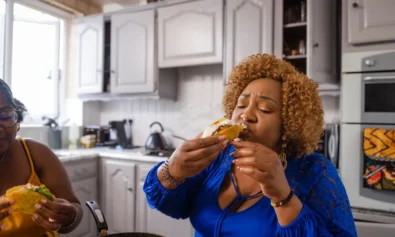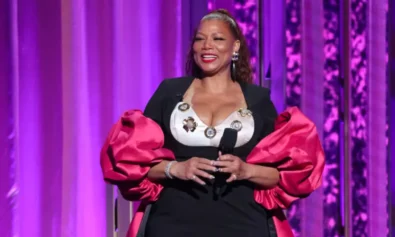The Obama administration on Thursday released long-awaited nutrition standards for foods that schoolchildren can buy outside the cafeteria, changes that are intended to combat climbing childhood obesity rates.
The new rules come a year after the administration updated standards for the federally subsidized school lunch and breakfast programs.
The rules would apply to food sold during the school day in vending machines, snack bars and school stores. They would set calorie limits for children and limit the size of beverages they drink at school. Snack foods would be limited to 200 calories per serving, and caffeinated drinks would be allowed only in high schools.
The Agriculture Department, which is responsible for putting the new standards into effect, said the foods sold in schools would have to contain more whole grains, low-fat dairy, fruits, vegetables and leaner protein. Food high in sugar, sodium and fat would not be allowed.
The department said schools and food and beverage companies would have a year to make the necessary changes. The changes, now considered “interim final rules,” would go into effect during the 2014-15 school year. The new rules would also allow local and regional flexibility by setting minimal requirements. States and schools with higher standards than the new nutrition standards would be allowed to maintain those policies, the department said.
“Nothing is more important than the health and well-being of our children,” said Tom Vilsack, the agriculture secretary. “Parents and schools work hard to give our youngsters the opportunity to grow up healthy and strong, and providing healthy options throughout school cafeterias, vending machines and snack bars will support their great efforts.”
The standards would not affect homemade lunches or treats for activities like birthday parties, holidays and other celebrations at school. After-school activities like sporting events and bake sales would be exempt, as would candy sold during fund-raisers.
Children’s health advocates called the rules a good first step.
“I think it’s going to have a positive impact on children’s health,” said Jessica Donze Black, director of the Kids’ Safe and Healthful Foods Project at the Pew Charitable Trusts in Washington. “Stronger standards will reduce the risk of chronic diseases such as obesity.”


